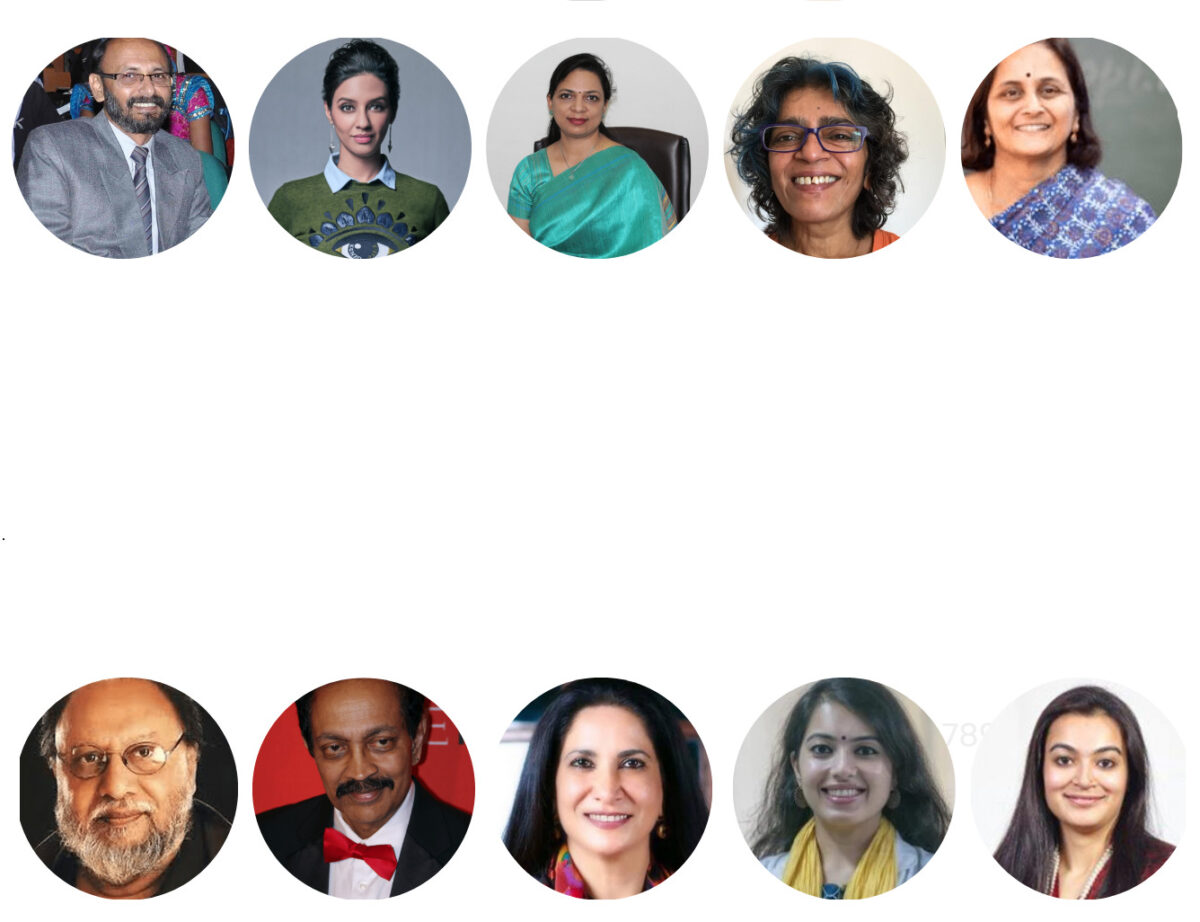The Relevance of Seeking Aid from the Best Psychologist in Delhi for Stress Administration
Psych Treatment: A Comprehensive Guide to Methods and End Results

Cognitive-Behavioral Treatment
Cognitive-Behavioral Treatment (CBT) is a commonly utilized psychotherapeutic strategy that concentrates on identifying and modifying inefficient thinking and actions patterns. Established in the 1960s by Aaron T. Beck, CBT incorporates behavioral and cognitive concepts to deal with various psychological health concerns, including clinical depression, stress and anxiety, and stress-related problems. The facility of CBT is that maladaptive ideas add to psychological distress and maladaptive behaviors. By reorganizing these thoughts, people can achieve substantial improvements in their psychological well-being and day-to-day functioning.
CBT is identified by its organized, ambitious nature. Therapy generally includes a collective process between the therapist and client, where particular issues are determined, and functional methods are created to resolve them. Strategies such as cognitive restructuring, direct exposure treatment, and skill-building exercises are typically employed. Cognitive restructuring entails tough and modifying adverse idea patterns, while exposure treatment intends to lower anxiety and anxiousness with progressive exposure to feared scenarios or objects.
Evidence-based research study supports the efficiency of CBT for a large variety of psychological disorders - Best Psychologist in Delhi. Its focus on skill acquisition and self-help strategies equips customers to proceed progress individually after therapy ends. The versatility and effectiveness of CBT have actually made it a cornerstone in modern psychotherapeutic practice
Psychodynamic Strategies
Rooted in the early concepts of Sigmund Freud, psychodynamic techniques concentrate on discovering the unconscious mind and its impact on behavior and feelings. These methods aim to reveal concealed ideas and feelings that might be driving maladaptive behaviors and mental distress. Central to this strategy is the idea of internal conflict, usually stemming from unsolved past experiences, specifically those from childhood years.
Therapists using psychodynamic strategies employ a number of vital methods, consisting of free association, where individuals are urged to speak easily to disclose subconscious product, and dream analysis, which translates the unrealized content of dreams. Furthermore, the expedition of transfer and countertransference characteristics within the healing relationship is important. These communications can give insights into the client's interior globe and relational patterns.
Psychodynamic treatment is typically longer-term compared to other modalities, providing a deep and thorough understanding of the person's subconscious. Study indicates that it can be specifically reliable for intricate psychological wellness concerns, such as individuality problems and persistent anxiety. By promoting self-awareness and emotional insight, psychodynamic therapy looks for to bring unconscious material to consciousness, making it possible for individuals to accomplish enduring and meaningful change in their lives.
Humanistic Techniques
Building on the structures laid by psychodynamic strategies, humanistic strategies use an unique point of view focused on private potential and self-actualization. Originating in the mid-20th century, these strategies focus on the intrinsic goodness and growth potential of people, highlighting an alternative view of human experience. Key numbers such as Carl Rogers and Abraham Maslow have actually substantially influenced this therapeutic strategy, which incorporates techniques like client-centered therapy and Gestalt therapy.
Client-centered therapy, created by Rogers, plays an essential duty in humanistic techniques. The therapist's duty is more of a facilitator than an authority, encouraging clients to harness their internal resources for recovery.
Gestalt therapy, one more vital humanistic method, emphasizes present minute awareness and the combination of mind and body. By focusing on the "below and now," clients obtain greater understanding right into their current feelings and actions. Techniques such as role-playing and assisted visualization are often utilized to navigate here aid clients gain a much deeper understanding of themselves, inevitably resulting in boosted self-awareness and fulfillment.
Integrative Therapies
Integrative therapies stand for a synthesis of various restorative strategies customized to meet the distinct requirements of each customer. This strategy acknowledges the complexity of human psychology and the multifaceted nature of mental health and wellness concerns. By incorporating aspects from various colleges of psychiatric therapy-- such as visit here cognitive-behavioral treatment (CBT), psychodynamic therapy, and humanistic methods-- integrative therapies use an even more holistic and flexible treatment paradigm.
Specialists of integrative therapy evaluate each client's certain requirements, symptoms, and personal history to devise a customized treatment strategy. This customized strategy boosts the possibility for healing success by attending to the source of mental distress and promoting overall health. Strategies could consist of mindfulness exercises, cognitive restructuring, and emotional handling, each chosen to target different aspects of the client's concerns.
Moreover, integrative treatments highlight the therapeutic connection, checking out the client-therapist bond as an important element of effective therapy. This connection fosters an encouraging atmosphere where customers feel safe to discover and address their issues. The adaptability of integrative treatments makes them ideal for a wide series of problems, including anxiousness, anxiety, injury, and interpersonal troubles, thus raising their applicability and efficiency in diverse scientific settings.

Determining Therapy End Results
Examining the effectiveness of psychiatric therapy is important for both clinicians and customers to ensure that the therapy is yielding the preferred outcomes. To accomplish this, various techniques and devices are utilized to gauge therapy results systematically. Standard assessment instruments, such as the Beck Clinical Depression Inventory (BDI) and the Generalized Anxiousness Disorder 7 (GAD-7), supply measurable data on signs and symptom severity and modifications with time.
In addition to standardized tools, qualitative approaches like client self-reports and medical meetings offer important understandings right into the personal experiences and viewed progression of customers. Frequently set up analyses, commonly at the beginning, navel, and end of treatment, help in tracking the trajectory of improvement or determining areas requiring change.
End result measurement is not limited to symptom reduction; it likewise includes practical renovations in everyday life, such as much better social partnerships, raised work productivity, and enhanced overall well-being. Modern developments in digital health and wellness have actually introduced mobile apps and on the internet platforms that help with real-time tracking and comments, even more fine-tuning the assessment process.
Ultimately, a comprehensive approach to measuring therapy end results makes certain that healing treatments work, effective, and tailored to meet the individual demands of customers, consequently optimizing the overall therapeutic experience.
Verdict
Psychiatric therapy uses a diverse range of methods focused on addressing specific psychological health and wellness issues and boosting general well-being. Cognitive-Behavioral Therapy and psychodynamic approaches target subconscious influences and inefficient ideas, respectively. Humanistic techniques concentrate on individual development and self-actualization, while integrative therapies combine multiple techniques for tailored therapy strategies. Assessing see here therapy outcomes with qualitative approaches and standardized evaluations ensures a thorough understanding of effectiveness, ultimately assisting customers towards sustaining psychological wellness improvements.
From the structured technique of Cognitive-Behavioral Therapy (CBT) to the deep exploration of the unconscious in psychodynamic therapy, each approach brings one-of-a-kind benefits. Its emphasis on skill procurement and self-help techniques encourages customers to proceed progress separately after treatment concludes (Best Psychologist in Delhi). Secret numbers such as Carl Rogers and Abraham Maslow have actually considerably influenced this healing method, which incorporates approaches like client-centered treatment and Gestalt therapy
